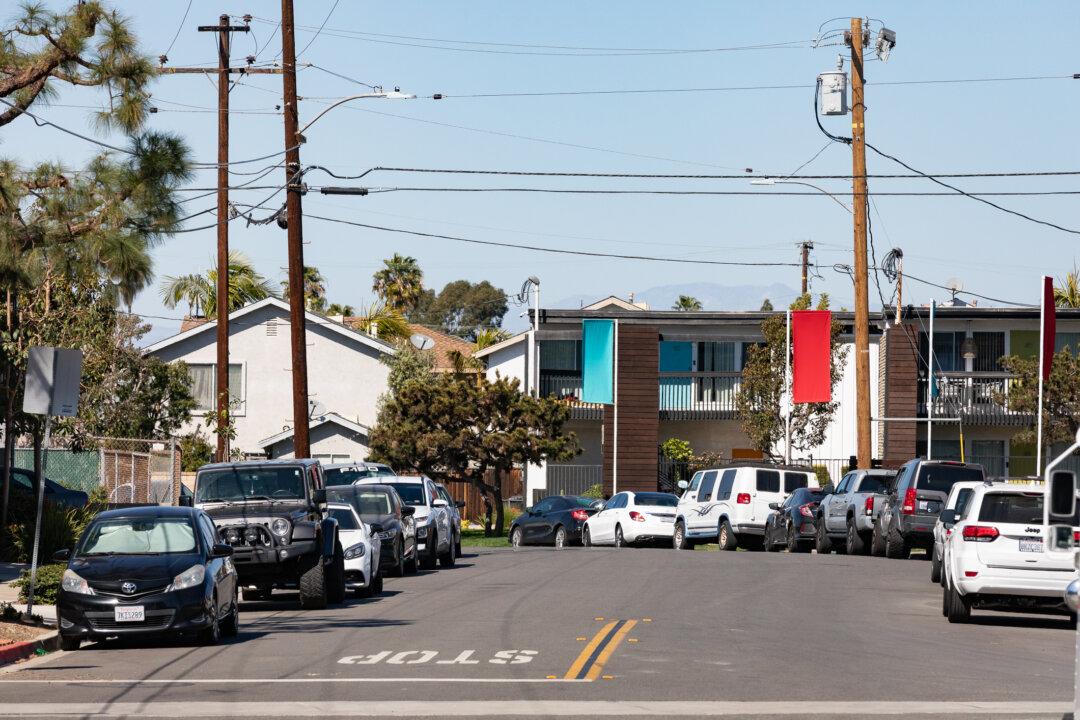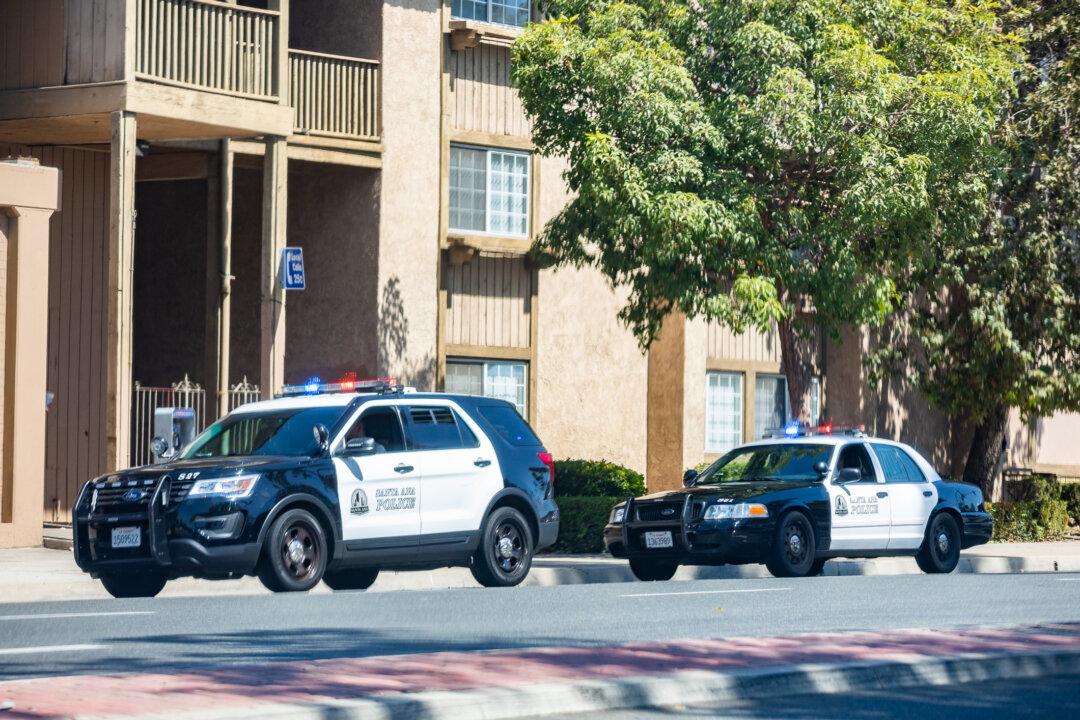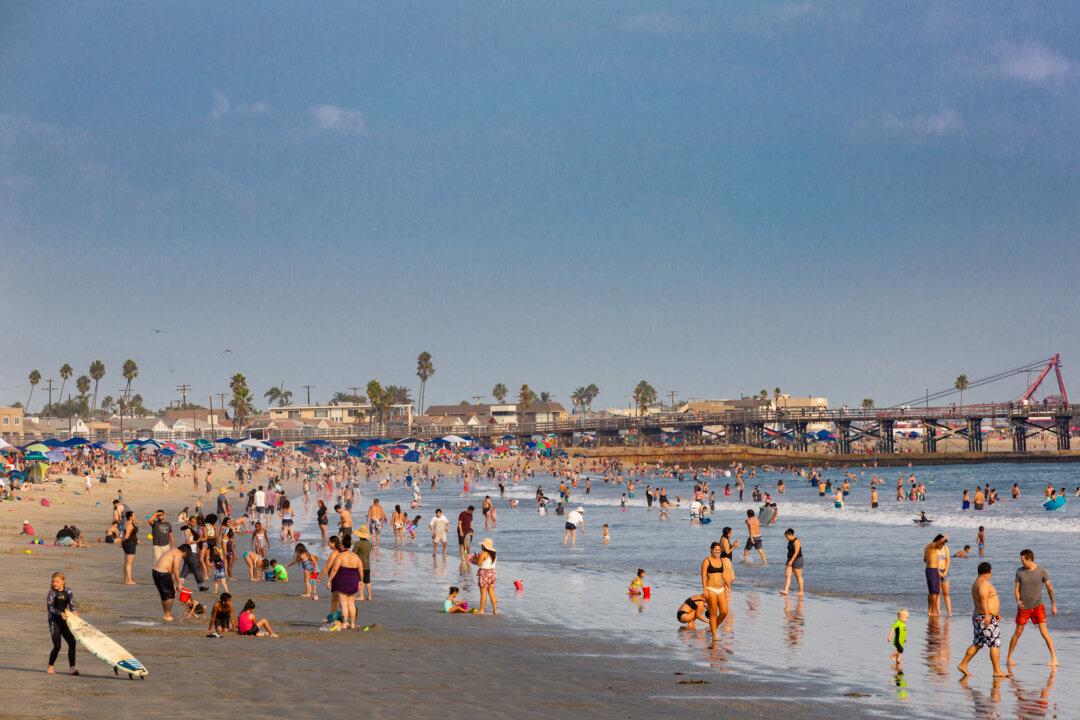The city of Costa Mesa unanimously approved an emergency ordinance on Nov. 2 that will continue the city’s ban on short-term rentals (STRs) for another year.
STRs, defined as rentals that last for less than 30 days, are commonly listed on websites including Airbnb, VRBO, HomeAway, FlipKey, and others.





